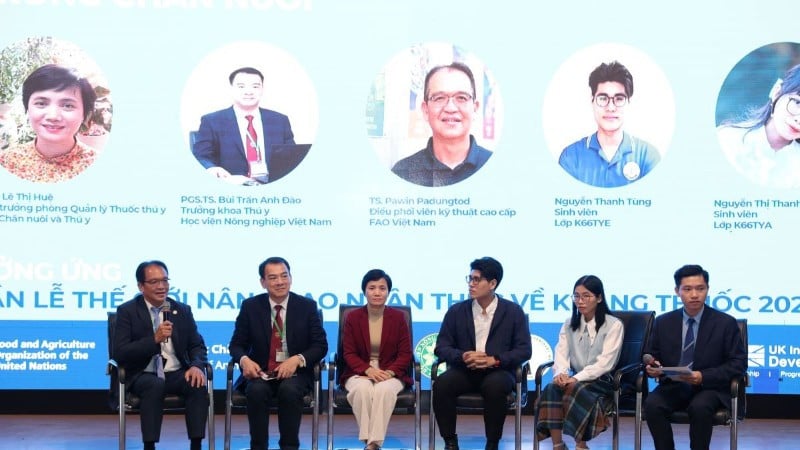
This issue was discussed at the “Youth Action Forum against Antibiotic Resistance”. The Forum was organized by the Department of Animal Husbandry and Veterinary Medicine ( Ministry of Agriculture and Environment ) in collaboration with the Faculty of Veterinary Medicine, Vietnam National University of Agriculture, with the support of the Food and Agriculture Organization of the United Nations (FAO) in Vietnam and funding from the UK International Development Programme.
This is one of the activities in response to World Antimicrobial Awareness Week (WAAW), bringing together multi-sectoral partners committed to promoting a One Health approach and encouraging youth to take action against antimicrobial resistance.
The risk of increasing antibiotic resistance and the urgent need for action
The development and commercialization of antibiotics was one of the most important medical achievements of the 20th century, extending human life, paving the way for advanced surgical and therapeutic techniques, and improving animal health care. However, decades of overuse and careless use of antibiotics have allowed microorganisms to develop resistance mechanisms, seriously threatening medical progress.
In Vietnam, antibiotics are still widely used, not only for treatment but also for disease prevention in livestock farming. Uncontrolled use leads to increased antibiotic resistance, and antibiotic residues in food pose a risk to public health. With the large daily consumption of pork and poultry, this risk becomes even more worrying, potentially leading to the development of zoonotic diseases or foodborne diseases.
According to Dr. Nguyen Thu Thuy, Deputy Director of the Department of Animal Husbandry and Veterinary Medicine (Ministry of Agriculture and Environment): To control this situation, in recent years, the Ministry of Agriculture and Environment has coordinated with ministries and branches to implement many strong solutions, including the National Action Plan on antibiotic use management and drug resistance prevention in livestock and aquaculture for the period 2017-2020, and the National Action Plan on drug resistance prevention in the agricultural sector for the period 2021-2023. These programs focus on strengthening monitoring, raising awareness, improving management and promoting responsible use of antibiotics throughout the sector.
According to experts, antibiotic resistance is a phenomenon in which microorganisms - including bacteria, viruses, fungi and parasites - evolve to resist existing treatments. This is no longer a distant risk, but an existential problem, threatening health systems, food security and the environment. World Antibiotic Resistance Awareness Week with the theme "Act Now: Protect the Present, Preserve the Future" once again emphasizes the urgency of interdisciplinary cooperation to protect the effectiveness of antibiotics for future generations.

Mr. Pawin Padungtod, Senior Technical Coordinator of ECTAD, said the forum contributed to encouraging students, especially veterinary students, to study antibiotics more deeply and use them appropriately. Reducing the need for antibiotics is a key factor in limiting the risk of antibiotic resistance in humans and livestock.
Vietnam is currently one of the leading countries in the region in controlling antibiotics in agriculture. Since 2018, the country has banned the use of antibiotics as growth stimulants in livestock farming. By 2026, the use of antibiotics for disease prevention will also be completely banned, only allowing their use for treatment. These are drastic steps to reduce drug resistance, protect human health, livestock and the ecosystem.
Young generation - the vanguard in the fight against antibiotic resistance
Mr. Vinod Ahuja, FAO Representative in Viet Nam, affirmed that youth are an important force in creating sustainable solutions. FAO accompanies the forum through supporting communication materials, sharing knowledge and coordinating with partners to promote the One Health approach.
“By empowering students today, we are investing in a future that connects health, food safety and environmental protection,” emphasized Mr. Vinod Ahuja.

Ms. Ruth Turner, Counselor for Political and Development Affairs, British Embassy in Vietnam, said that antimicrobial resistance is a global challenge that requires joint efforts from the international community. The UK has been supporting many countries through the Fleming Fund to strengthen their capacity to monitor and prevent antimicrobial resistance. Ms. Ruth Turner emphasized: “Young people are the guardians of the future. Your knowledge, creativity and proactive spirit will make a big difference in the fight against antimicrobial resistance.”
The forum was held during Antibiotic Awareness Week - an annual campaign of the United Nations to call on the community, health workers, managers and relevant organizations to take action to reduce antibiotic resistance.
Antibiotics, discovered about 100 years ago by scientist Alexander Fleming, once revolutionized medicine and saved billions of lives. However, the process of developing a new antibiotic today is extremely expensive and lengthy, possibly costing billions of dollars. When antibiotics gradually lose their effectiveness, the consequences not only affect human health but also threaten food security and the livelihoods of millions of livestock farmers.
Associate Professor, Dr. Bui Tran Anh Dao, Head of the Faculty of Veterinary Medicine, Vietnam National University of Agriculture, said the forum is a testament to the ability of students to connect different fields when working together to solve the problem of drug resistance.
“When young people are involved in the dialogue on One Health, we build a generation that understands the connection between human, animal and environmental health, and is ready to act for the community,” Associate Professor, Dr. Bui Tran Anh Dao emphasized.
World Antibiotic Awareness Week, held annually from November 18 to 24, continues to be an opportunity for countries, organizations and communities to join hands to prepare solid foundations for the future, in which young people are the core force.
Source: https://nhandan.vn/thanh-nien-viet-nam-chung-tay-hanh-dong-chong-khang-thuoc-post924156.html








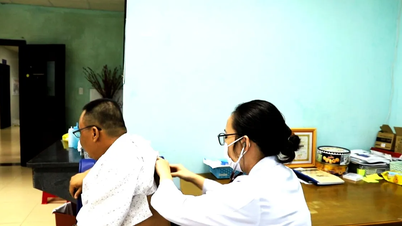


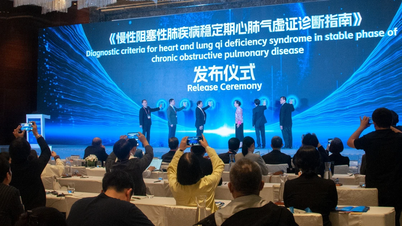
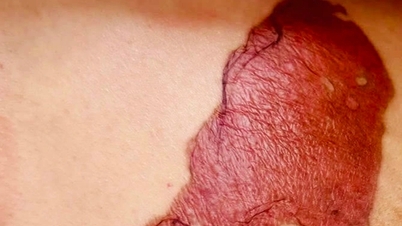


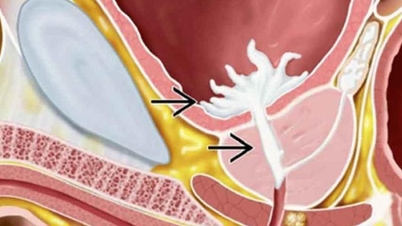






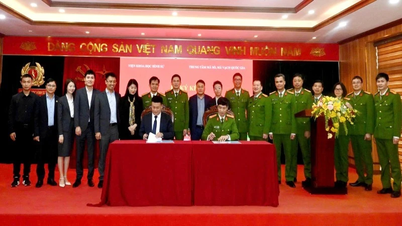
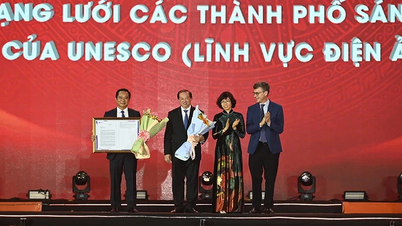
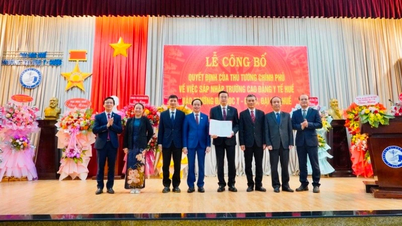



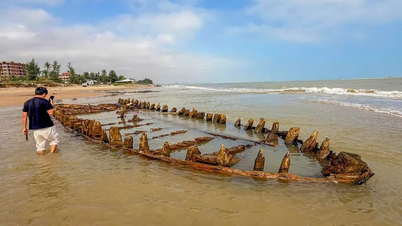
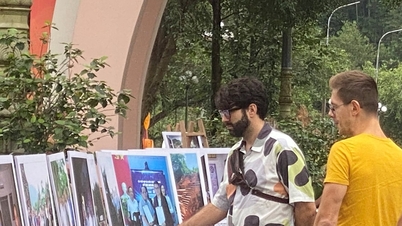



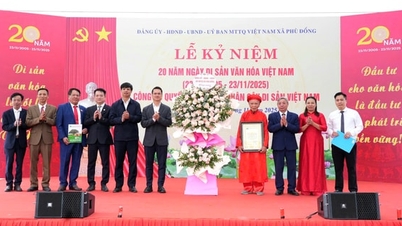






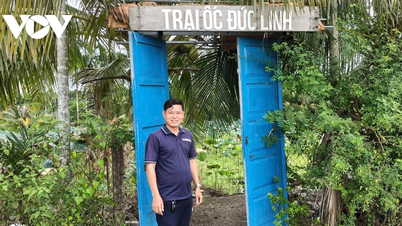

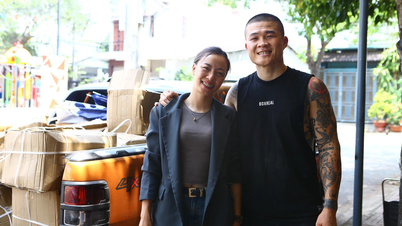
























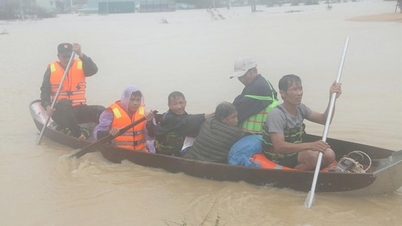








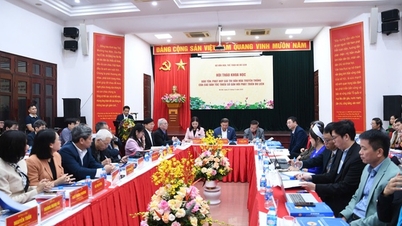






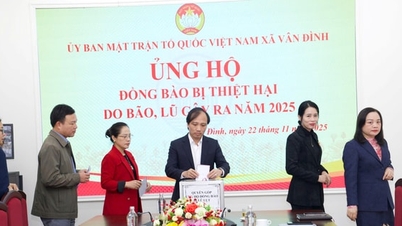


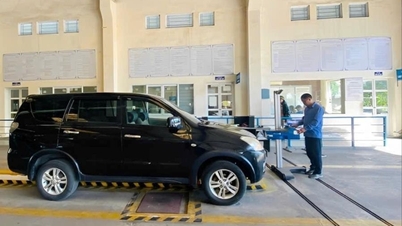












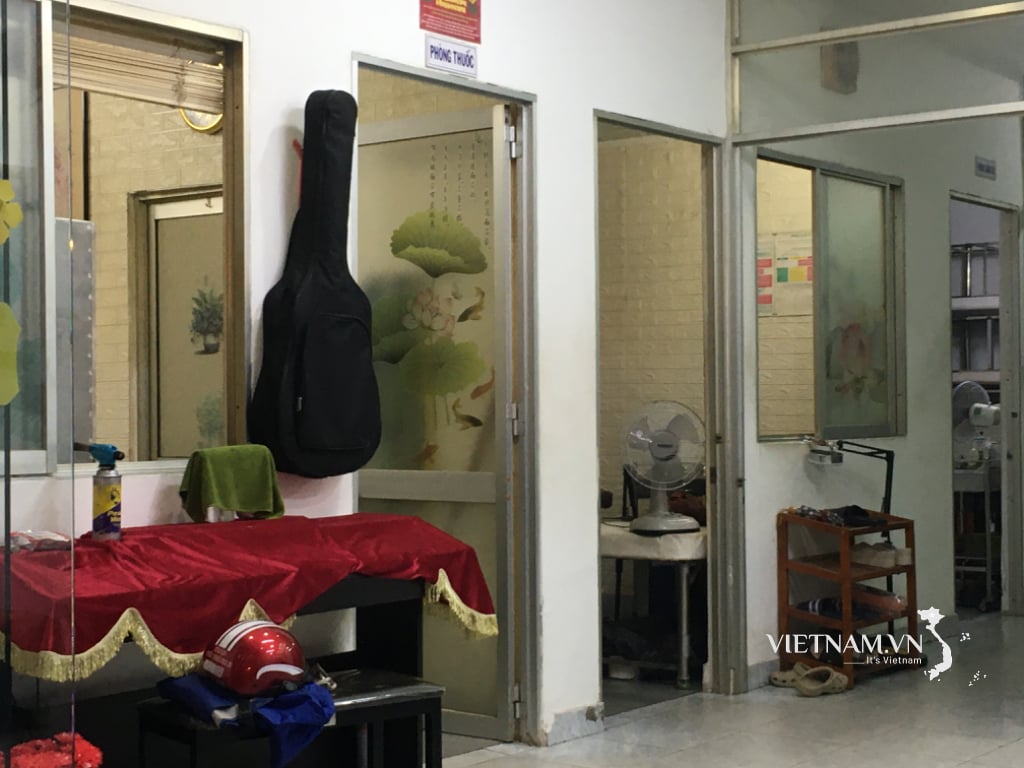


Comment (0)